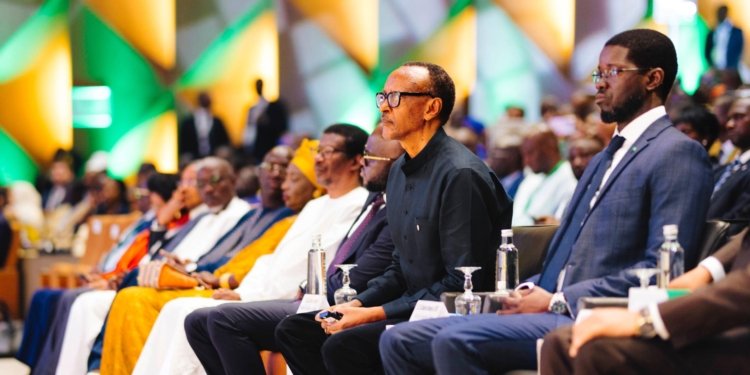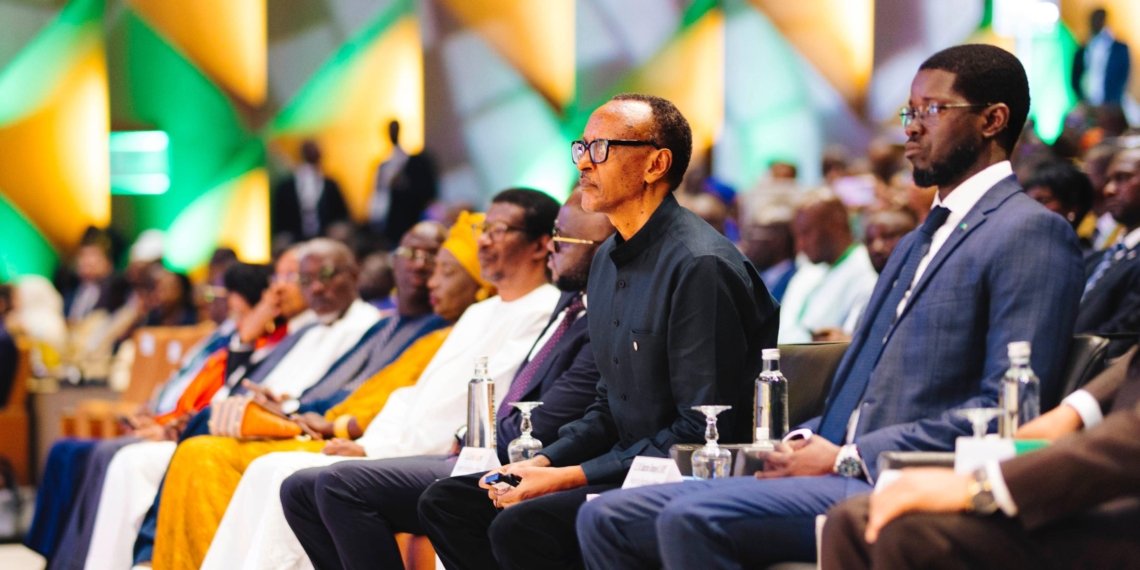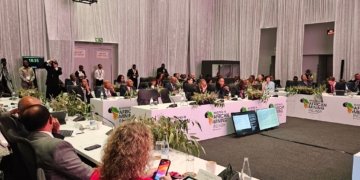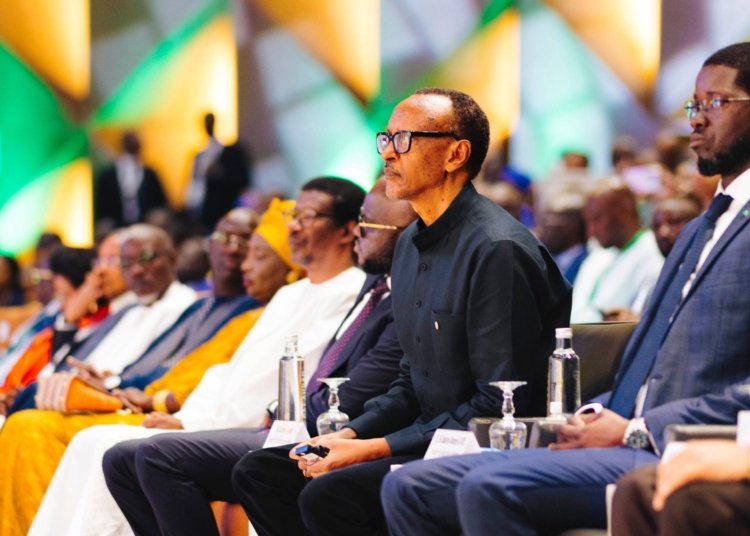Africa’s top leaders are calling for a major shift in how the continent grows, processes and values its food.
Speaking at the Africa’s Food Systems Forum 2025 Annual Summit, held from Aug. 31 to Sept. 5 in Dakar, they emphasized that Africa has the resources, talent and potential to feed itself, and help feed the world.
President Bassirou Diomaye Faye of Senegal opened the summit with a strong call for self-reliance and innovation.
He said Africa has everything it needs to achieve food self-sufficiency and urged nations to invest in agricultural solutions from within the continent.
Agriculture, he said, should no longer be seen as a sector of mere survival but as a pathway to prosperity.
“Together, we will work to change the perception that agriculture is a sector of survival,” he said.
He also thanked participants and AGRA, the summit’s co-organizer, for making food systems a top priority.
The event brought together a broad coalition of leaders, including heads of state, ministers, youth innovators, private sector executives and development partners, all focused on transforming how Africa produces and consumes food.
Food Insecurity Persists Despite Abundant Resources
Despite its natural wealth, Africa still imports $70 billion in food each year and loses up to 40% of its harvest after it leaves the farm.
Hailemariam Dessalegn, board chair of AGRA and former Ethiopian prime minister, said the continent must act now to implement its agricultural strategies.
“Africa cannot wait to harness its potential and transform its food systems,” he said.
“We owe it to the 300 million Africans living in poverty, to our young people searching for fulfilling work, and to our women who hold our communities together.”
President Paul Kagame of Rwanda addressed Africa’s youth directly, urging them to take an active role in reshaping the continent’s future.
He said young people must match their demands with commitment and engagement.
“Support from other institutions, including governments… will come, but you must be engaged,” he said.
The summit marks a turning point, as African leaders and partners align around a shared goal: to build resilient, inclusive and sustainable food systems that meet the needs of all Africans.



























